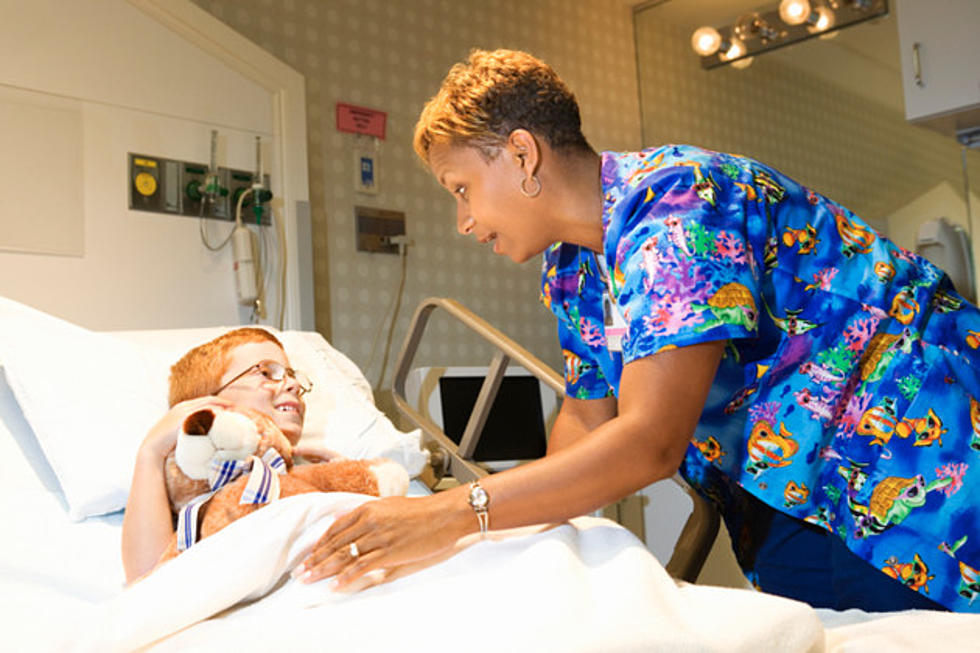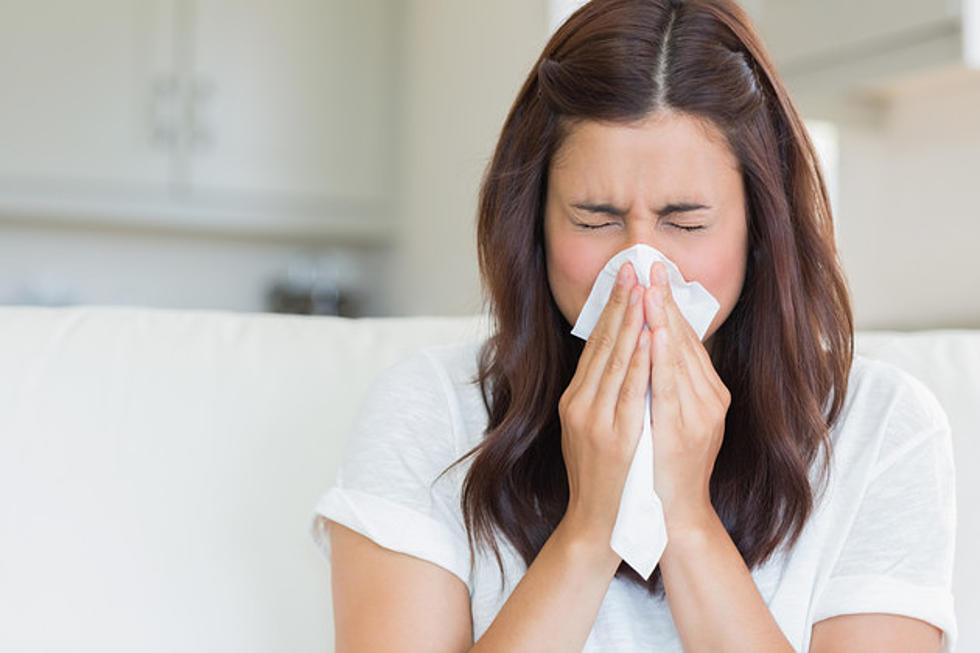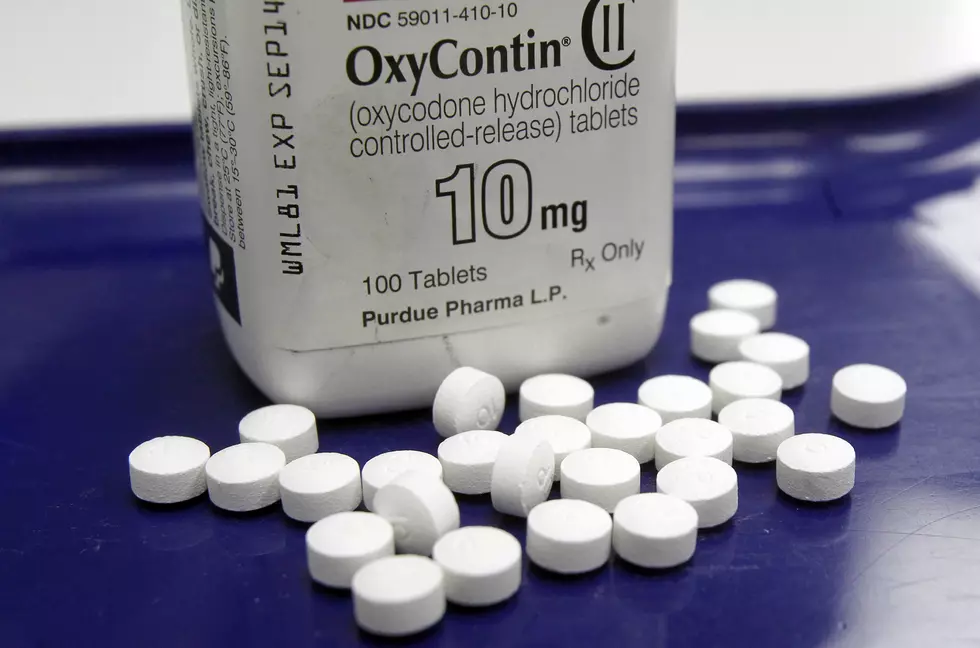![How Can We Stop Prescription Drug Abuse in NJ? [AUDIO]](http://townsquare.media/site/385/files/2012/01/painkiller.jpg?w=980&q=75)
How Can We Stop Prescription Drug Abuse in NJ? [AUDIO]
Despite all the attention and publicity about prescription drug abuse in recent years, the problem continues to get worse in New Jersey and across the nation.
Experts in the field gathered Wednesday at Hackensack University Medical Center to discuss the situation, and offer ideas about how to turn the tide.
"The first step in solving the problem of prescription drug abuse is by educating the providers and the public on the downside of using these medications improperly," said the Chairman of Emergency Medicine at Hackensack University Medical Center, Dr. Joseph Feldman.
He pointed out both New Jersey and New York have medication monitoring programs, where doctors can check on who has prescribed what medications for which patients. But right now, the systems are not linked, and many other states don't even have this in place yet.
"When you're living on the border of one state, you can go doctor shopping on both sides of the border," Feldman said.
Dr. Feldman said it would help to combat the problem if a national registry was in place that allowed doctors to differentiate who is abusing getting a prescription for drugs, in order for their own personal abuse use, or to sell them on the street.
He also noted many patients do have genuine pain, and drugs can be powerful tools to help them.
"So we need to make sure we're not withholding them for people who really need them."
Dr. Feldman also explained that when people are lying about needing medications for pain, because they're addicted or just want to sell the drugs for a profit, it's not that hard to spot.
"Many times their expressed pain is out-of-proportion to their chief complaint of why they're there," he said. "They generally say they're allergic to all non-narcotic forms of pain relief, they generally know what medication by name they need, and what dose, and generally those doses are not one would expect patients to be on."
Feldman urges parents to make sure that they're not leaving pain medications in the medicine cabinet that were prescribed for a real reason and now are being unused.
"So it takes away the temptation for someone to 'shop' in your medicine cabinet, and it would also help if the state started developing real welcome access to patients that are seeking drug rehab, so we can get them off of these drugs," Feldman said.
More From New Jersey 101.5 FM






